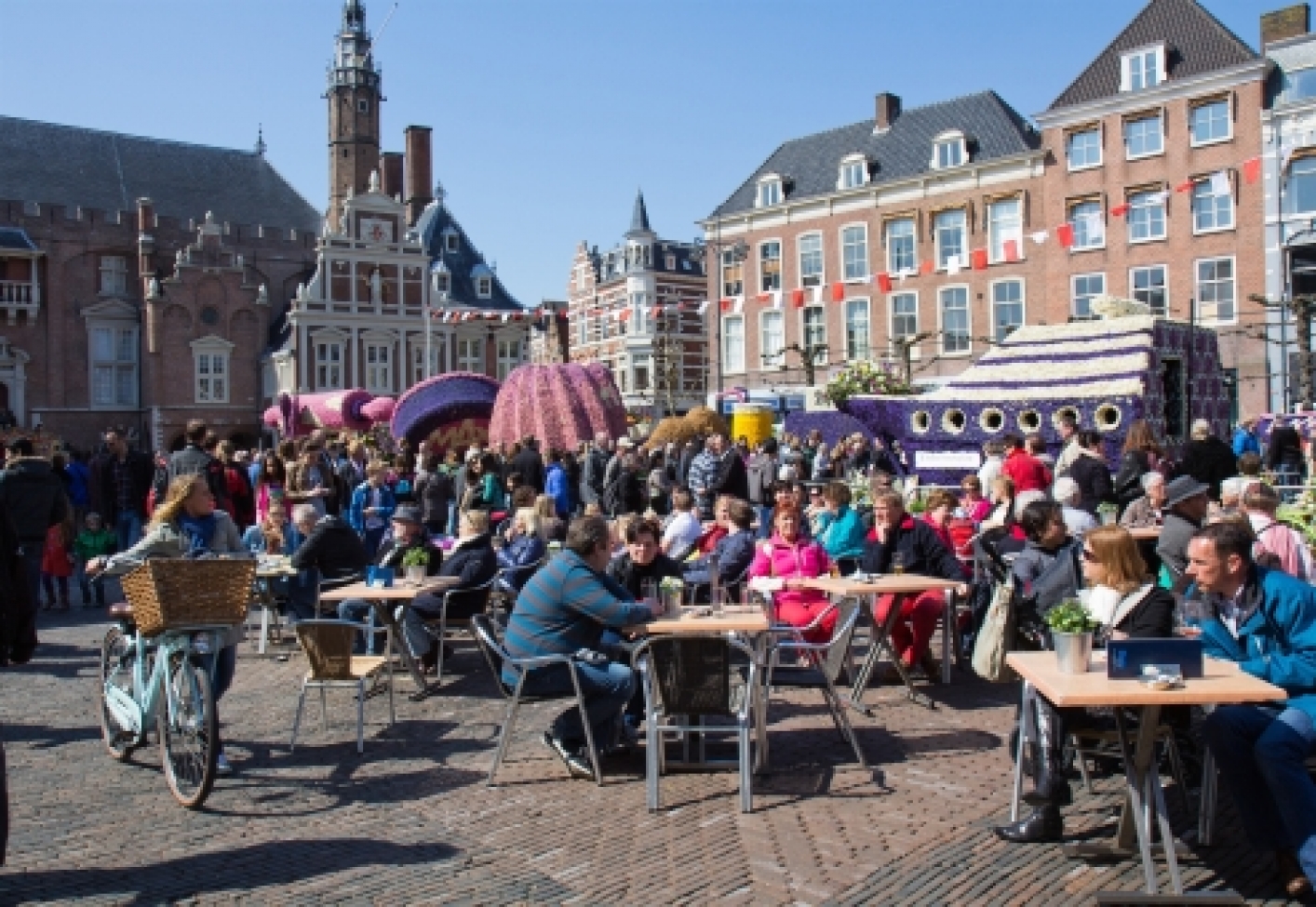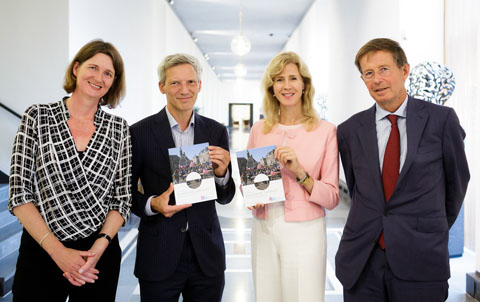
Background
The number of tourists in the Netherlands has grown exponentially in the past ten years and will continue to do so in the years to come. Tourism now generates as much revenue as the construction sector and more than double that of agriculture. The rising pressure of tourism is also causing ever more problems and inconvenience, however, a situation that is harmful to the living environment and to local communities and that will, in the long term, be detrimental to the sector itself.
In this advisory report, the Council considers how balanced growth in inbound and domestic tourism can be managed in the Netherlands, with the economy, local communities and the living environment being viewed as interacting elements.
Explanation
The Council believes that a change of perspective is needed in tourism policy to prevent tourism growth from causing inconvenience and damage. At present, politicians and policymakers are still focused primarily on increasing tourism revenue. But tourism is not only an economic activity; it also impacts accessibility and the use of public space, real estate, nature and the environment. It is only when an increase in tourism harms the living environment or inconveniences residents that the authorities consider how to counteract its impact. The change in perspective means that government, together with the sector and local communities, must anticipate future trends and developments, a necessary step if we are to strike the right balance between the economic benefits of tourism on the one hand and the carrying capacity of the living environment and local residents on the other. The Rli advisory report Desirable Tourism: Capitalising on Opportunities in the Living Environment offers a framework for analysis in this regard. National government must coordinate to ensure that the proposed policy changes are implemented. Among other things, the Council recommends articulating a national vision statement, structurally increasing the policymaking capacity for tourism, and setting up a ministerial Tourism Committee to foster the necessary change in perspective or, alternatively, incorporating the issue into the Intergovernmental Programme (IBP).
The Council recommends drawing up a tourism strategy for all regions in the Netherlands within two years. Such a strategy would specify where and when to pursue tourism growth and what amenities should be provided. It would also, however, identify those places where a projected increase in tourism is undesirable and what measures can be implemented to influence the number of tourists, how they can be dispersed more effectively, or how inconvenience can be prevented.
It will not be necessary to develop new policy measures to manage tourism. In its advisory report, the Council presents a Menu of management options, containing existing measures from which policymakers can choose to limit adverse impacts and capitalise on new opportunities. Making effective use of these measures, accumulating the necessary knowledge and gaining experience in using them will require extra policymaking capacity and a willingness to invest. In addition, more research must be carried out under the auspices of the national government into the effectiveness of various policy interventions, for example in experimental settings. This approach will safeguard the Netherlands from being ‘caught unawares’ and harmed by tourism growth and ensure that tourism contributes to the quality of the living environment for residents, visitors and businesses.
As background for the advisory report, SWECO carried out a study into the tourism policy of municipalities and provinces. The report is available here (in Dutch only).
Publication
The Council published its advisory report Desirable Tourism: Capitalising on Opportunities in the Living Environment on 6 September 2019 and presented copies to State Secretary for Economic Affairs and Climate Policy Mona Keijzer and Minister of the Interior and Kingdom Relations Kajsa Ollongren, the latter represented by Director-General Erik Jan van Kempen.

From left: Rli council member Marjolein Demmers, Director-General of the Interior Ministry Erik Jan van Kempen, State Secretary for Economic Affairs Mona Keijzer, and Rli chair Jan Jaap de Graeff. Photograph: Fred Ernst
Presentation of advisory report - 12 September 2019
The Rli presented its advisory report Desirable Tourism: Capitalising on Opportunities in the Living Environment during a well-attended public meeting held on 12 September. The report was discussed with public administrators, business owners and researchers.
More information
For more information about the advisory report, please contact Douwe Wielenga, project leader, at douwe.wielenga@rli.nl or +31 (0)6-21240809